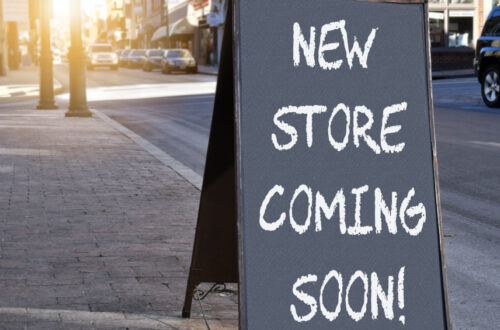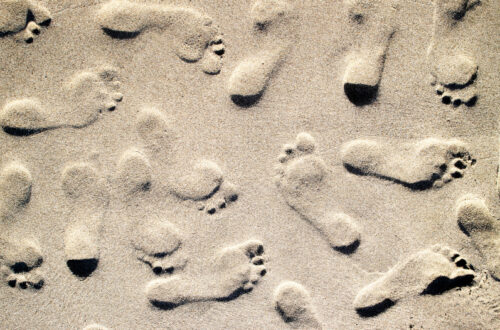
Data Over Bread, The Daily Trade-Offs of the South African Hustle
Somewhere between the electricity box and the airtime scratch card, between the maize meal and the monthly rent, sits a line item that wasn’t even on the budget ten years ago, data. And more often than not, it wins. Across South Africa, the hustle isn’t just about chasing money. It’s about choosing where that money goes. And more and more, that choice is no longer between meat or no meat, taxi or no taxi. It’s between bread or bandwidth. Between filling your stomach or staying connected to the world that might offer you a way out.
Because data, in this economy, is currency. Not in the poetic sense. In the very real, transactional, every-day-decisions kind of way. It’s how you apply for jobs. It’s how you find tenders, gigs, side hustles, clients. It’s how you submit CVs, stream tutorials, watch motivational reels that remind you to push harder tomorrow. It’s even how you escape, through a phone screen small enough to disappear into your hand, but powerful enough to shrink the world. And so, across inner-city flats, township rooms, and backroom rentals, data doesn’t just compete with groceries. It often outranks them.
 A 500MB bundle here, a midnight special there. The R35 that could’ve gone to a loaf, a litre of milk, and some loose change instead gets swallowed by WhatsApp, TikTok, Capitec app notifications, and job boards that load only if your signal holds.
A 500MB bundle here, a midnight special there. The R35 that could’ve gone to a loaf, a litre of milk, and some loose change instead gets swallowed by WhatsApp, TikTok, Capitec app notifications, and job boards that load only if your signal holds.
This isn’t reckless. It’s calculated survival. You can borrow bread. You can stretch pap. But you can’t show up to a digital interview with zero data. You can’t join the new economy if you’re offline. Employers, funders, clients, they all exist behind a paywall called mobile data. And South Africans, especially the working poor, have known this for a long time.
They know the Wi-Fi at the library only works until 4. They know the public transport rides that pass free hotspots. They know how to hotspot off a friend’s device without draining their own battery. They know which corners of their one-room shack have the best reception. They also know that hunger has changed shape. It’s not just about food anymore. It’s about not being left behind. Because in a country where inequality still chokes ambition, staying online is resistance. It’s a fight to remain seen. A way to refuse the narrative that opportunity belongs only to the already-connected, the already-employed, the already-there.
Of course, the irony is thick. The country with some of the highest mobile data prices in the world is also one of the youngest, most restless, and most creative. South Africa is bursting with potential, but throttled by megabytes. And yet, the hustle persists.
People skip meals, not because they want to scroll, but because they want to learn. They burn data on YouTube tutorials, on side-hustle advice, on crypto schemes, coding courses, marketing reels, resale tips. They post, they pitch, they market. They gamble small amounts of airtime on a big chance to be noticed.
In that hustle, there’s tragedy, but also power. The kind of power that comes from knowing what you need and going after it, even when it costs you your lunch. Even when your neighbours think you’re crazy for buying data before bread.
Because maybe they see what others miss, being full today means nothing if tomorrow you’re still invisible.




